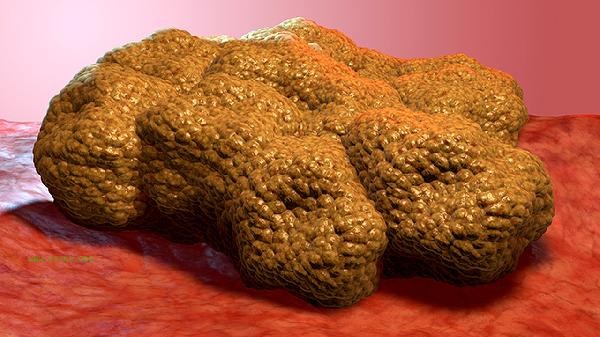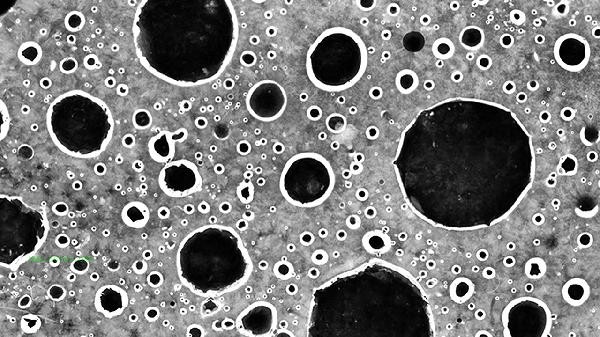Elevated levels of eosinophils may indicate allergic reactions, parasitic infections, chronic inflammation, or hematological diseases, mainly related to abnormal immune responses, myeloproliferative disorders, endocrine disorders, drug reactions, and rare tumors.

1. Allergic reactions:
eosinophils are involved in the release of allergic mediators, and elevated values are commonly seen in hay fever, food allergies, or allergic dermatitis. Patients may experience skin itching, urticaria, or respiratory symptoms, and allergen testing is necessary to identify the underlying cause. Mild elevation can be relieved by antihistamines, and persistent abnormalities require investigation of other causes.
2. Parasitic infection:
Parasitic infections such as roundworms and hookworms can stimulate the proliferation of eosinophils. This type of infection is often accompanied by abdominal pain, anemia, or simultaneous elevation of eosinophils, and can be diagnosed by fecal egg examination. After deworming treatment, it can gradually return to normal, and repeated infections require strengthened hygiene protection.
3. Chronic inflammation:

Chronic inflammatory diseases such as rheumatoid arthritis and ulcerative colitis may cause mild elevation. Inflammatory factors continuously stimulate bone marrow hematopoietic function, usually accompanied by an increase in C-reactive protein. Controlling the primary disease can improve many indicators, and regular monitoring of inflammation activity is necessary.
4. Abnormal bone marrow proliferation:
Hematological diseases such as polycythemia vera and chronic myeloid leukemia can lead to significant elevation. This type of disease is often accompanied by symptoms such as splenomegaly and night sweats, and requires diagnosis through bone marrow aspiration and genetic testing. Targeted drugs or interferons are the main treatment methods.
5. Endocrine factors:
hypothyroidism, diabetes ketoacidosis and other metabolic disorders may interfere with granulocyte differentiation. Patients often have typical symptoms such as fatigue and weight changes, and blood tests can gradually recover after correcting endocrine abnormalities. When an increase in eosinophils is detected, it is recommended to improve peripheral blood smear, IgE testing, and bone marrow examination to clarify the cause. It is necessary to avoid contact with known allergens in daily life, maintain a balanced diet, and supplement vitamin B in moderation. Parasitic endemic areas should pay attention to dietary hygiene, and patients with chronic diseases should follow medical advice to use medication in a standardized manner. If accompanied by persistent fever, weight loss, or lymph node enlargement, timely hematological examination should be conducted to screen for malignant diseases. Regular blood routine check ups help to dynamically observe changes in indicators.










Comments (0)
Leave a Comment
No comments yet
Be the first to share your thoughts!